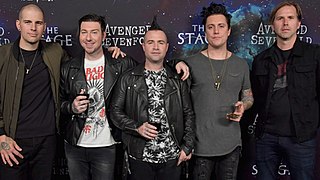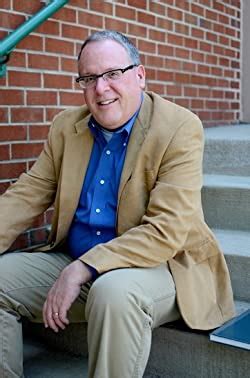A Quote by Bertrand Russell
I think we ought always to entertain our opinions with some measure of doubt. I shouldn't wish people dogmatically to believe any philosophy, not even mine.
Related Quotes
Philosophy is not a body of knowledge to impart to someone, that's why reading philosophy books isn't always the best way of learning philosophy. Philosophy is really more the process of rational engagement, rational reflection with a diversity of views and ideas and opinions and trying to sort of reason your way through to a more reflective position. I think if you look at it that way, philosophizing is to some extent some small way a part of almost everyone's lives although they don't recognize it as such and a lot of people are embarrassed about it.
I think moral philosophy is speculation on how we ought to live together done by people who have very little clue how people work. So I think most moral philosophy is disconnected from the species that we happen to be. In fact, they like it that way. Many moral philosophers insist that morality grows out of our rationality, that it applies to any rational being anywhere in the universe, and that it is not based on contingent or coincidental facts about our evolution.
Doubt is most often the source of our powerlessness. To doubt is to be faithless, to be without hope or belief. When we doubt, our self-talk sounds like this: 'I don't think I can. I don't think I will.'... To doubt is to have faith in the worst possible outcome. It is to believe in the perverseness of the universe, that even if I do well, something I don't know about will get in the way, sabotage me, or get me in the end.
Why should I crowd the world with my opinions? Live and let live. That's it. Let people have their own opinions, and you just keep yours to yourself. There are too many opinions - some unnecessary, some great, some ridiculously stupid - so I think I rather not say anything and keep my opinions to myself.
What should we think of someone who never admits error, never entertains doubt but adheres unflinchingly to the same ideas all his life, regardless of new evidence? Doubt and skepticism are signs of rationality. When we are too certain of our opinions, we run the risk of ignoring any evidence that conflicts with our views. It is doubt that shows we are still thinking, still willing to reexamine hardened beliefs when confronted with new facts and new evidence.
There is no doubt that the issue of race is always present in American politics and in the politics of any multiracial society. There is also no doubt that for some people it is an element in the manifested hostility to Obama. But I don't think it is the major theme at all. Obama is right when he reminds people: By the way, I was black before the election.
Jesus no doubt fits his teaching into the late-Jewish messianic dogma. But he does not think dogmatically. He formulates no doctrine. He is far from judging any man's belief by reference to any standard of dogmatic correctness. Nowhere does he demand of his hearers that they shall sacrifice thinking to believing.

































